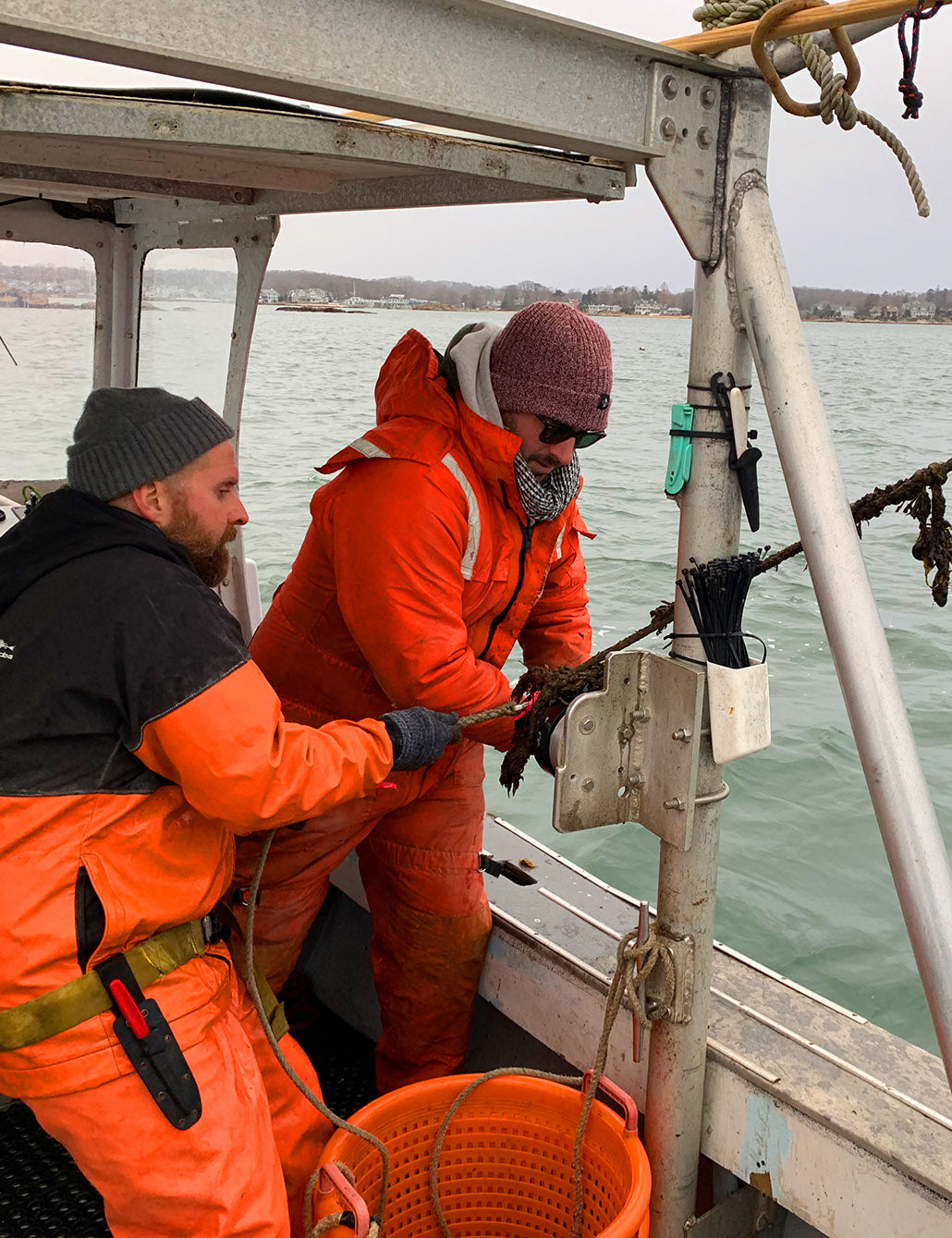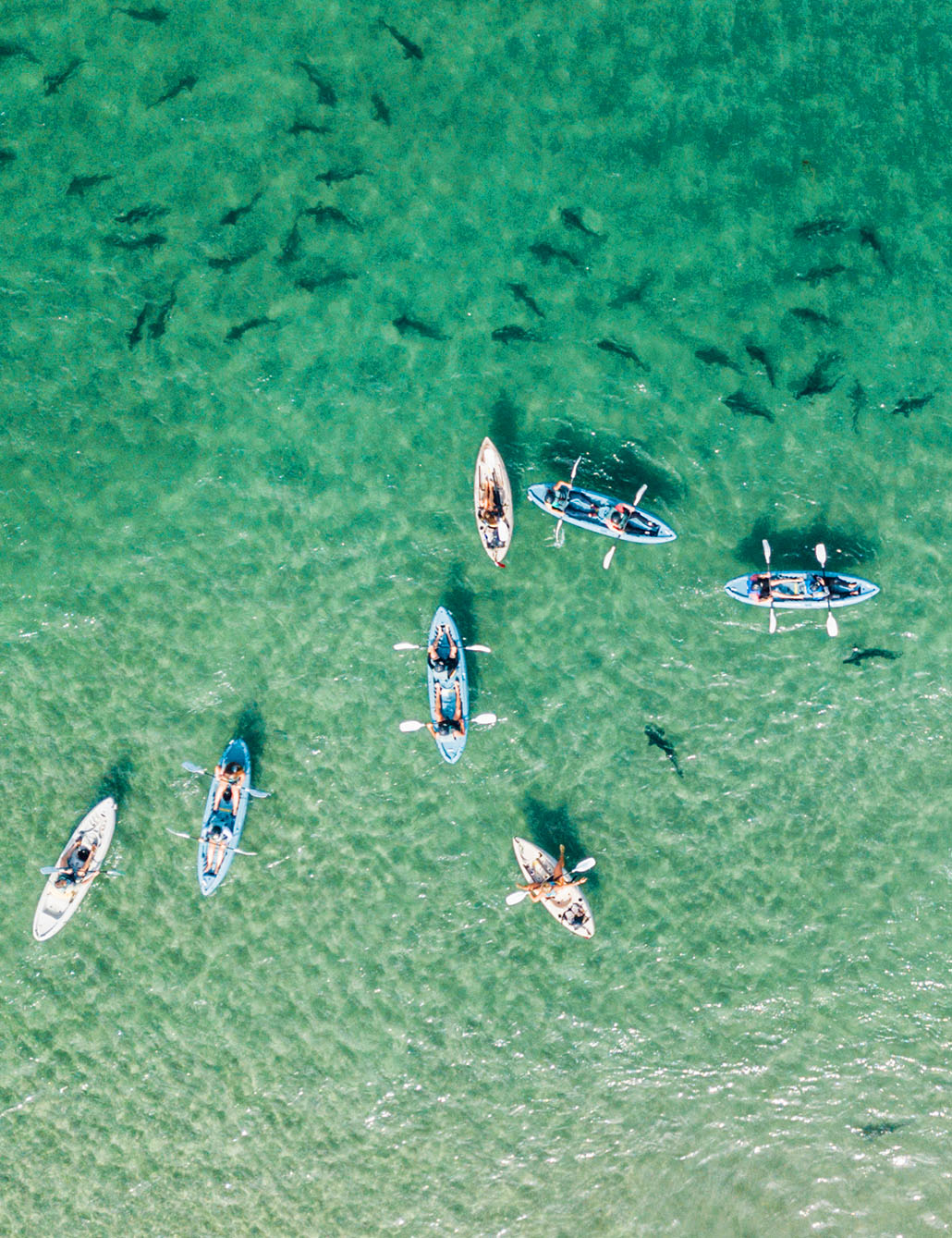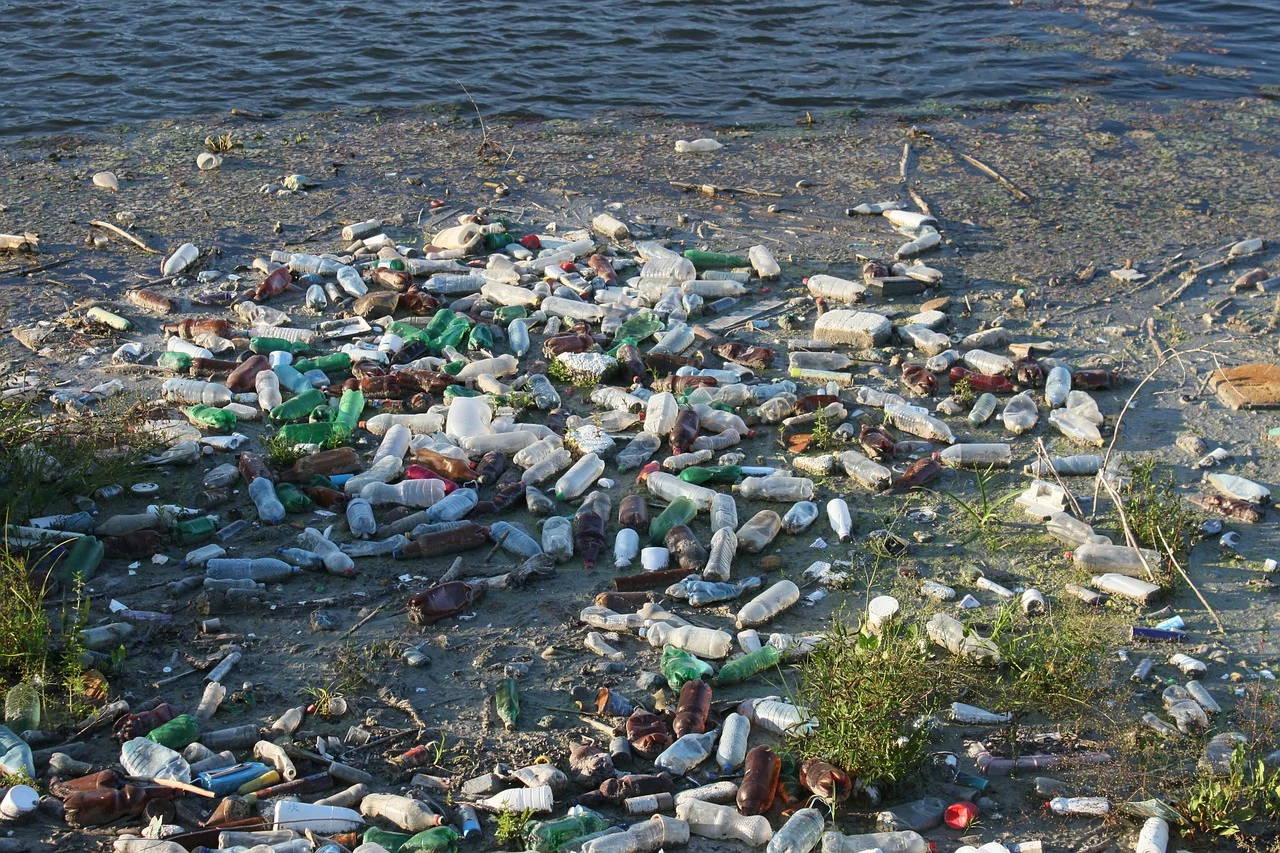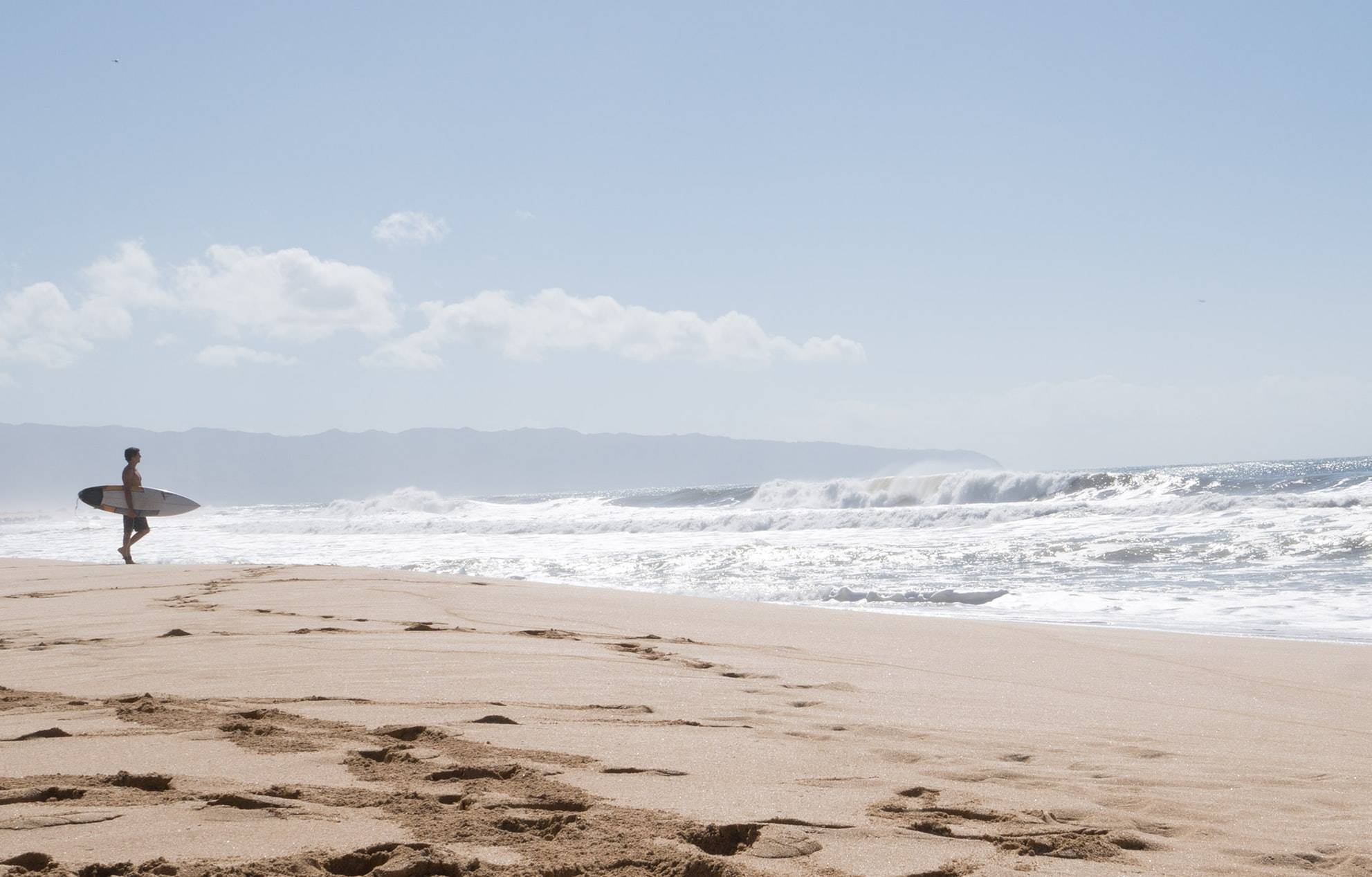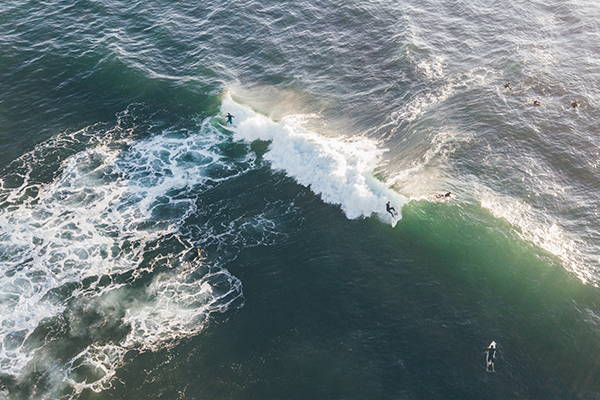By Clarence Washington | Guest Writer
The ocean is downstream from everything.
That means almost everything we do impacts the waters that provide us so much pleasure, beauty, and adventure. Personal lifestyle choices can make you part of the massive fight to save the oceans. It's easy to practice sustainable living for ocean conservation.
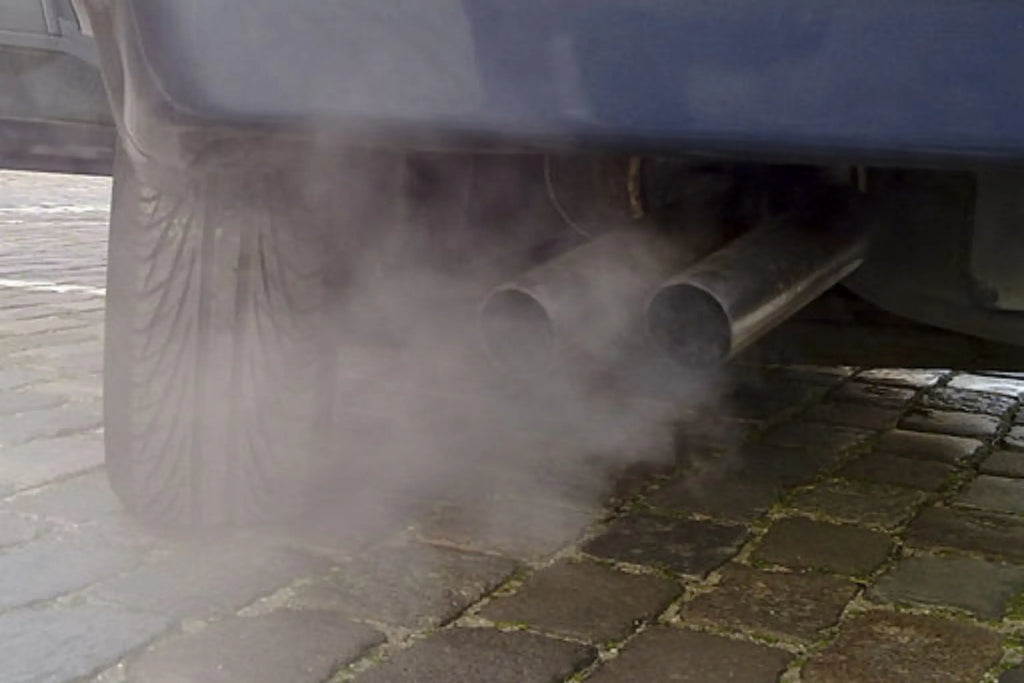
1. Reduce Your Carbon Footprint
The carbon dioxide emissions that create global warming are also changing the make-up of the ocean. It's especially apparent off the California coast. The world’s oceans, so far, have absorbed 27 percent of the carbon dioxide people emit. This is making the normal alkaline composition of the ocean more acidic, which poses a threat to marine life. A study published in December 2019 by the National Oceanic and Atmospheric Administration shows waters off California are acidifying twice as fast as the rest of the world’s oceans. Every energy-saving step you take, from insulating your home to switching light bulbs and driving less, matters big time.

2. Sustainable Gardening
Enrich the soil with green manures or cover crops such as clover that don’t produce greenhouse gases. For fertilizer, you can make your own compost, recycle grass clippings, or purchase organic plant fertilizers. It also helps if you choose natural methods for pest control instead of pesticides that can wash into the groundwater, and from there into the sea.
Sustainable gardening also means conserving water by mulching and using drought-resistant plants. African daisies and fountain grass are two plants that can add striking beauty to your garden. Aloe is both lovely and offers soothing, healing properties for burns and sunburns. Plants that use less water also make your garden more energy-efficient.

3. Go Organic
The products you use inside can also harm the oceans. As with your garden, opt for organic cleaning and personal care products. According to the EPA, alkylphenol ethoxylates, a common ingredient in cleaners, have been shown in laboratory studies to function as an "endocrine disruptor." In other words, they cause fish and other wildlife to stop reproducing. If you buy products that are biodegradable and nontoxic, you won’t be polluting the ocean every time you rinse that sponge.

4. Eat Eco-Friendly Fish and Veggies
Locally caught fish and locally grown vegetables have a smaller environmental impact than food that is shipped from far away. And whether locally caught or not, choosing seafood that is harvested sustainably helps combat the global problem. Choose from species that have a healthy population and are caught with methods that minimize the impacts on the environment. Fish vendors have begun identifying sustainably caught fish on their packages. You can also look for the blue label indicating sustainability issued by the Marine Stewardship Council.
5. Avoid Single-Use Plastics
Fifty to eighty percent of ocean debris is plastic, which breaks down into small pieces and remains in the ocean forever. The ocean’s currents sometimes trap debris, turning the water into a deadly toxic soup that can choke, entangle, or starve marine life. When you can’t avoid using plastic, reuse and recycle it. Go one step further, and take part in beach and waterway cleanups to help keep deadly plastics away from the life-giving sea.
You don’t have to live near the ocean to fight to save it. Inland or on the coast, what you do will make a difference to this precious and increasingly fragile resource.
Clarence Washington is a longtime landscaper sold on native plants and biodiversity. His backyard is a certified wildlife habitat.




